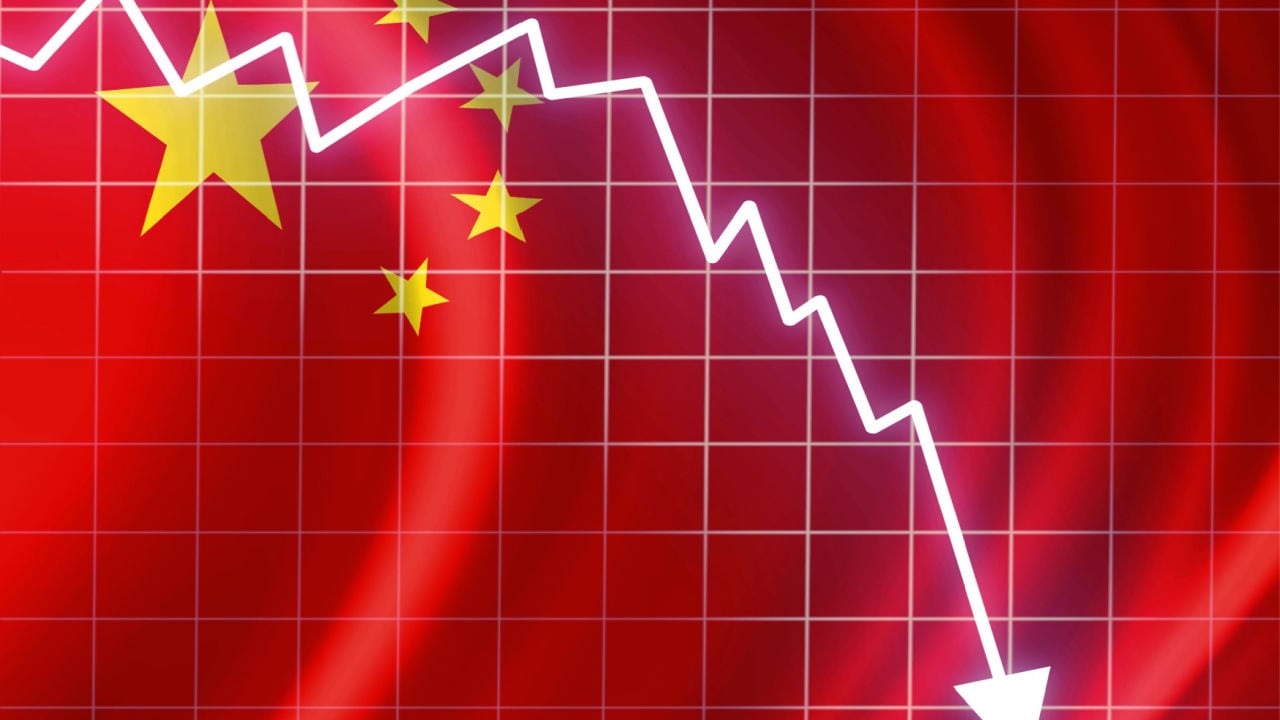„China’s Inflation auf tiefstem Stand seit über 2 Jahren; Analysten schlagen Bargeldzahlungen zur Vermeidung von Deflation vor – Wirtschaftsnachrichten zu Bitcoin“

In China, concerns are increasing about the possibility of deflation, as inflation rates registered an increase of only 0.1% year-over-year in April, according to the National Bureau of Statistics. With this slowdown in the economy, experts are recommending that the Chinese government take action to spur consumer demand.
The numbers reflect a decline in prices, mainly in the food and beverage sectors, which went from 2.4% in March to less than 1% in April. Core inflation, without food and beverage prices, rose 0.7% year-over-year. This is below the country’s expectations for this year, which were centred around a 3% ceiling.
Standard Chartered, a multinational investment bank, expects inflation levels to reach 0% in the coming months, due to a price spike in crude oil in the first half of 2022. Nevertheless, even with slow inflation, the bank still forecasts an economic growth rate of over 5% in China.
Experts warned against the possibility of deflation and have proposed different measures to prevent it. Li Daokui, a professor of economics at Tsinghua University and former member of the PBOC advisory board, suggested the government should deliver cash handouts to citizens to stimulate demand. The professor estimates that 500 billion yuan in consumption vouchers will lead to one trillion yuan in overall consumption, which will also generate over 300 billion yuan in taxes for the state.
Although some analysts have expressed concern over China’s low inflation numbers, others still believe that there is no basis for long-term deflation. Zou Lan, an official with the Peoples Bank of China, has said that there is still time for the economy to rebound, and that consumer demand is expected to increase in the second half of this year.





